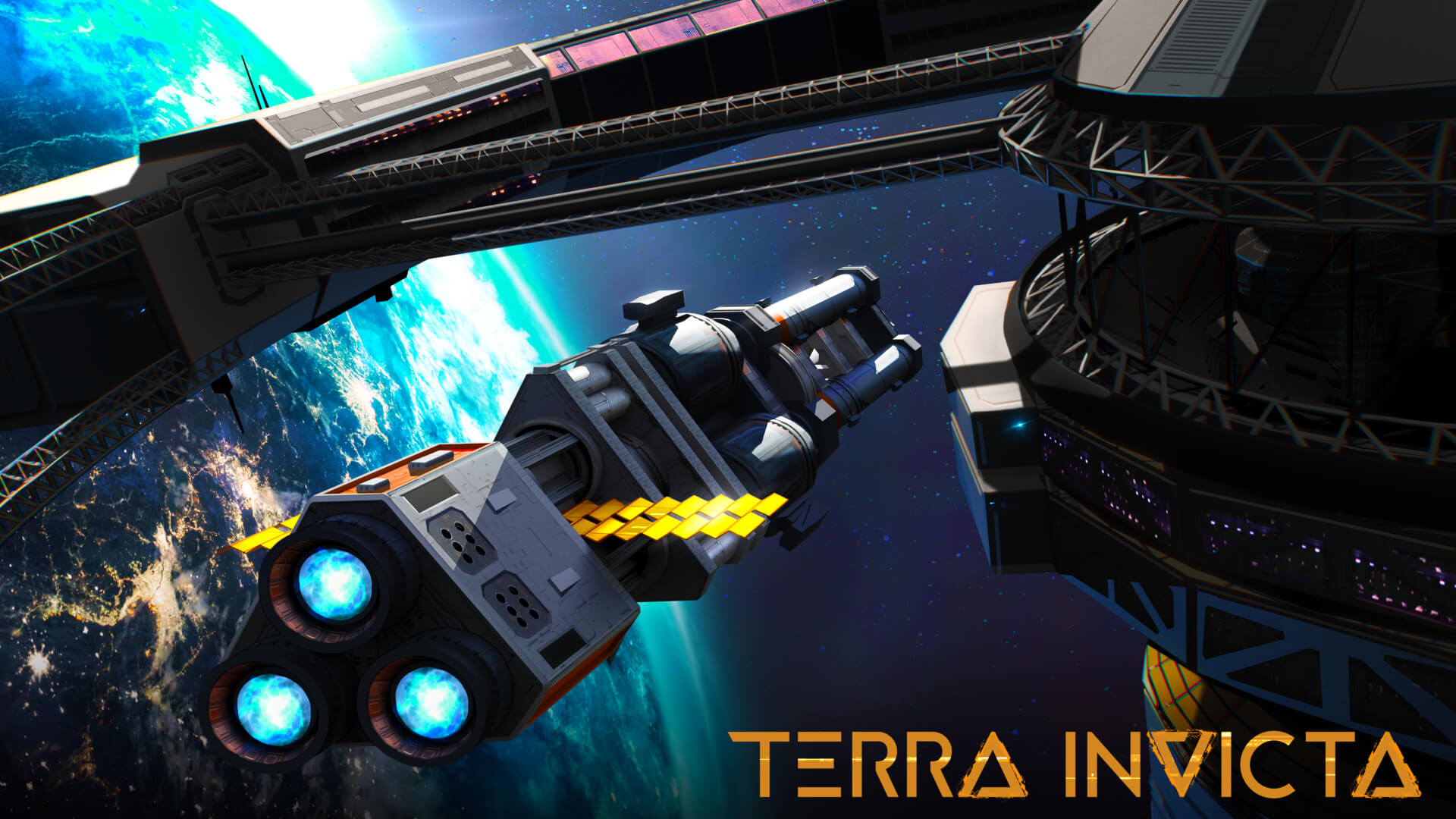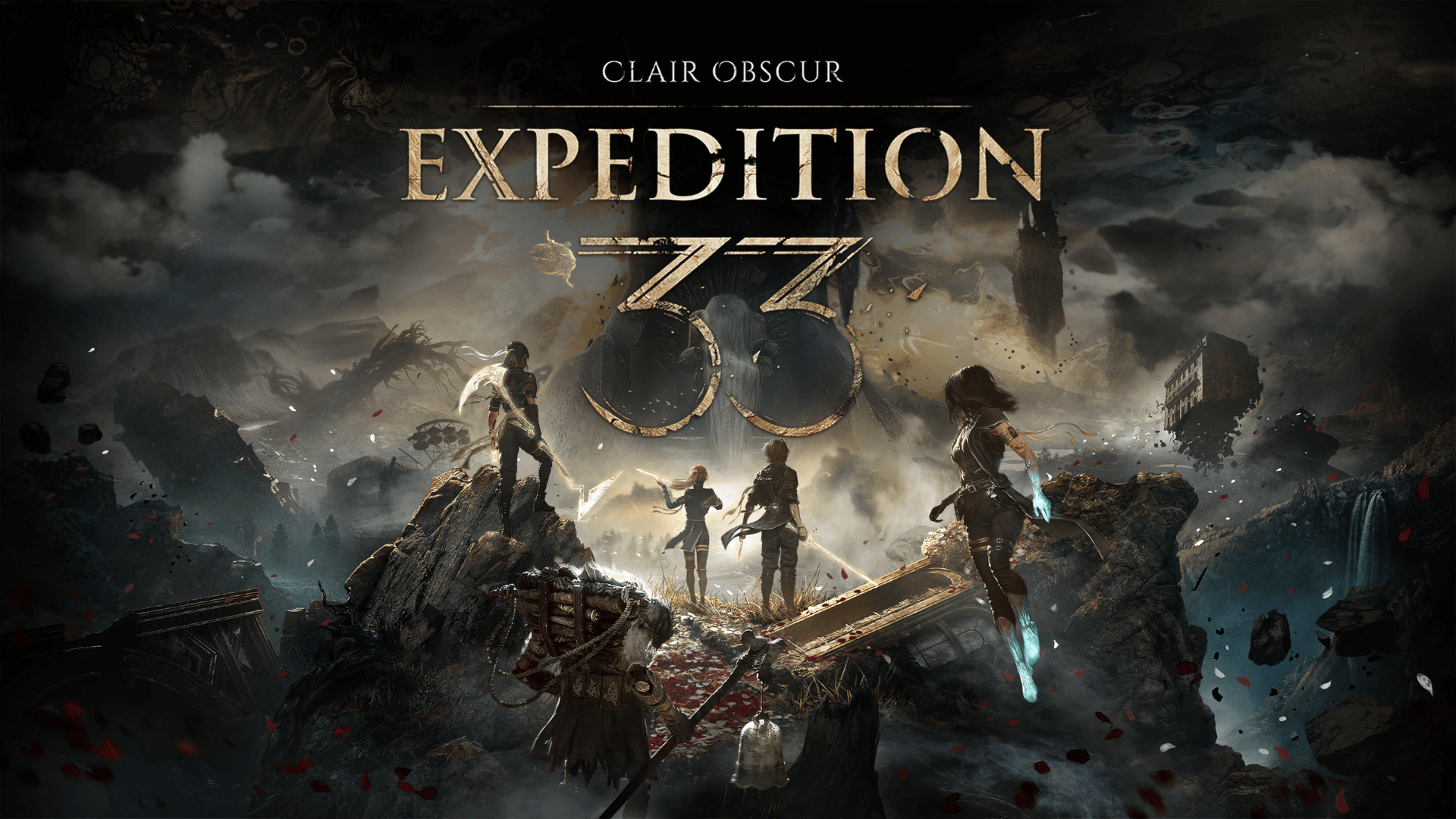News: Terra Invicta - Wrestling for Earth First

✪ Humanity Fractures
There are strategy games that simulate geopolitical conflict, and there are games that
tackle humanity’s fascination with extraterrestrial life. But Terra Invicta does something
I’ve rarely seen before: it imagines a future where the arrival of an alien force sparks
not global unification, but an ideological schism so vast that the real enemy becomes secondary
to our inability to agree on what the alien threat even means.
I can’t think of another game where humanity barely starts fighting the aliens - because we’re
too busy deciding whether we should resist, collaborate, reform society, or exploit the chaos
in pursuit of corporate gain.

✪ Uncomfortable Truths
Terra Invicta’s greatest narrative weapon is its premise: multiple human factions form in
reaction to first contact, each with plausible, often frighteningly human, motivations. Yes,
there are idealists who want to defend Earth, and fatalists who want to submit to our new
cosmic overlords.
But there are also capitalist opportunists who see the chaos as a marketplace, and cynical
elites who consider the aliens a chance to restructure global governance for their own ends.
It’s not just ideology; it’s anthropology. Sitting between a resistance cell and a profit-seeking
cartel feels truer to 21st-century geopolitics than any space opera.

The sense of narrative realism is reinforced by the game’s structure. Terra Invicta doesn’t
funnel you into conflict with the aliens. Instead, it drops you into a planetary free-for-all
where influence, diplomacy, espionage, and public perception are the true weapons - at least
until your fleets can reach the edge of the solar system.
The multi-faction dynamic evokes the cold intellectual thrill of The three-body problem, not
just in tone, but in the sense that humanity is so fractured that the aliens barely need to
attack us - we weaken ourselves faster than they ever could.

✪ An Ocean of Complexity
Terra Invicta is not a game you “pick up”. It’s a game you commit to. Its systems are deep,
layered, and unapologetically opaque.
I’ve spent hours just parsing its cosmic economy: extracting resources from distant moons,
managing orbital infrastructure, and weighing the opportunity cost of investing in technologies
that may go obsolete before I ever use them - but are required stepping stones to breakthroughs
that might save Earth.

The tech tree feels alive in a way few games pull off. I researched railguns not because
I knew I’d use them, but because they were an important rung toward a propulsion breakthrough
my future fleets would desperately need.
The game simulates scientific progress not as a checklist, but as an organic, evolving system
where short-term gains sometimes have to be sacrificed for long-term viability. It’s messy,
sprawling, and, for strategy players who appreciate slow-build mastery, deeply rewarding.

There are frustrations; the space combat system feels oddly opaque at first. If you’re not
willing to dig through wiki pages and community spreadsheets, battles can feel random.
It’s not that the game is unfair - it’s that it doesn’t always explain itself. And perhaps that’s
the point: you’re fighting an opponent you don’t fully understand. It’s alien not just in lore,
but in design.

✪ Flaws that feeds the Fantasy
If I’m being honest, the lack of transparency around alien behavior did frustrate me. Their
capabilities can feel overpowered, and the game gives you little mechanical insight into how
they operate. Yet I can’t fully hold it against
Terra Invicta,
because part of the game’s charm lies in that fear of the unknown.
In that moment where you realize that you’re building ships, researching weapons, forging
alliances - and still feel like a warm-blooded upstart facing down something vast. It's equal
parts terrifying and hypnotic.
The extra-terrestrial resource economy, meanwhile, is one system I wish was clearer. It's
essential to the mid and late game, yet hard to parse. For a title with so much emphasis on
logistics and macro-planning, it's a rare place where the fog of war doesn’t feel intentional,
just in need of better UX.

✪ Freedom in Strategy
What keeps me coming back isn’t just the systems - it’s the sheer breadth of approaches the
game enables. I can play as a clandestine puppeteer, kidnapping enemy agents and spreading
misinformation through state media.
I can provoke global uprisings to seize key territories through public will alone. Or I can
sit in the innermost chamber of a think tank and steer the entire trajectory of human science
toward one defining idea. The game doesn’t just support different playstyles - it revels in them.

The grand strategy simulation
Terra Invicta
feels like its own genre. A hybrid of Paradox’s institutional complexity, and a political
thriller’s web of ideology and betrayal.
It’s not perfect. It demands time, patience, and a tolerance for tutorials that feel more
like textbooks. But in return, it offers something rare: a simulation of the human condition
under pressure, where the stars may or may not be an escape.
